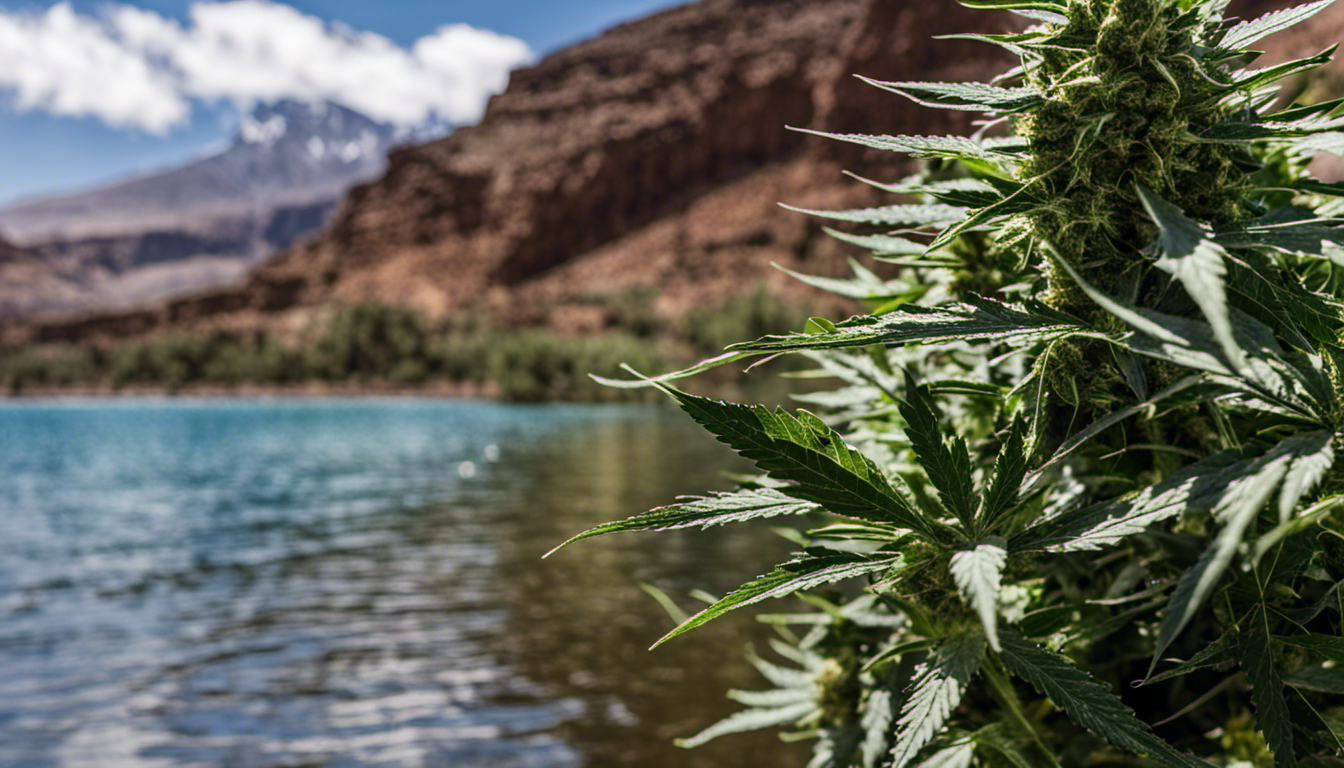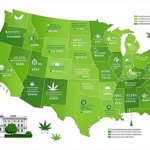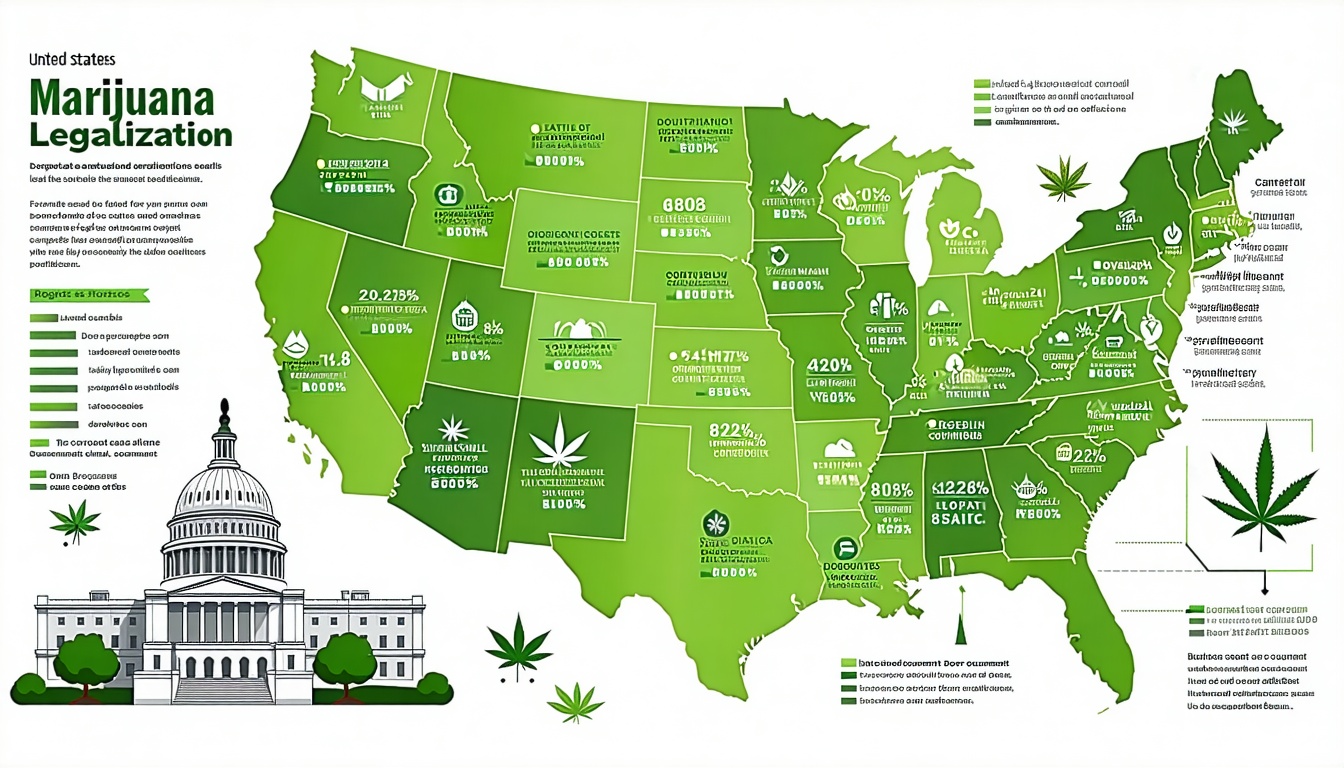Argentina’s Government to Revoke All Medical Marijuana Cultivation Permits
In a significant policy shift, Argentina’s government has announced plans to revoke all permits for medical marijuana cultivation. The decision was made by Security Minister Patricia Bullrich, who expressed concerns about the drug’s potential dangers. According to Bullrich, the THC levels in Argentina’s marijuana are significantly higher than those in Uruguay, which has led to a “serious problem.”
The government will be starting from scratch with the permits, and a team has been formed to review all previously granted permits. This move is part of a broader policy shift, which includes the elimination of the Cannabis Registry Program (REPROCANN). This program allowed individuals to grow marijuana for medical use with a doctor’s prescription, and also permitted the transport of up to 40 grams.
The previous administration had issued over 300,000 marijuana cultivation permits, but the government claims to have found major irregularities in the system. Bullrich pointed to one case where a man was authorized to grow 18 plants but was found cultivating 18,000.
The debate over medical cannabis has been ongoing in Argentina, with a law passed in 2017 establishing a framework for research and use. In 2020, REPROCANN was introduced, allowing individuals to grow cannabis for medical use under controlled conditions. Pharmacies were also permitted to sell cannabis products, and health insurers were required to cover cannabis-based prescriptions.
President Javier Milei has voiced support for drug legalization, including marijuana, but has also likened drug use to “euthanasia in installments.” Despite his libertarian stance, the government’s latest move signals a shift in marijuana policy. Bullrich emphasized that medical cannabis is still legal, but the new changes will target illegal sales and unauthorized cultivation. However, the uncertainty surrounding the industry’s future may still pose a challenge for law-abiding marijuana producers.












